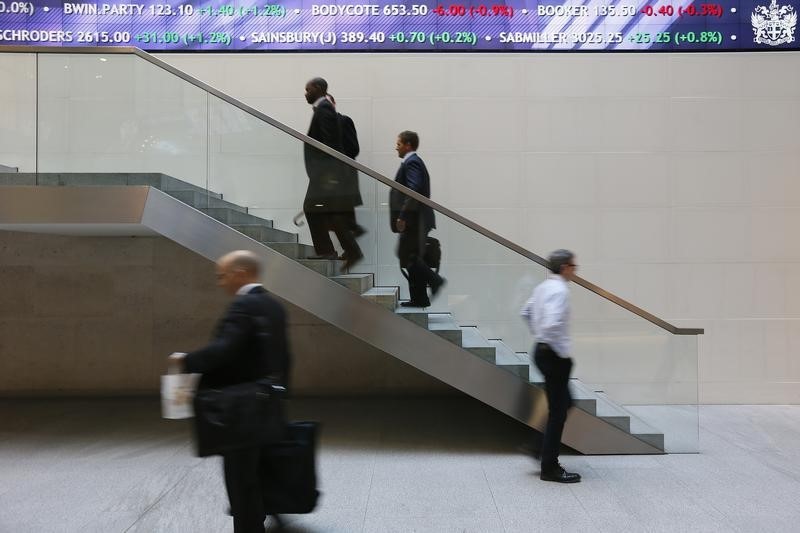Proactive Investors - Can the FTSE 100 stage a recovery in 2024 from its lacklustre performance in 2023?
London’s blue-chip index only managed a 3% gain last year and has yet to surpass its 2018 levels, but Russ Mould, AJ Bell's investment director, suggests there are grounds for hope that might change.
Factors like dividends, share buybacks and takeovers have salvaged Footsie's year, providing a total return nearing 10%, outpacing inflation, gilt yields and traditional cash returns.
While that pales next to the 41% enjoyed by Nasdaq, 25% by the Nikkei and 20% in Germany, Mould believes those factors highlight the resilience of the UK's premier stock market.
Analysts predict a robust 52% increase in the FTSE 100's aggregate pre-tax income in 2024 compared to 2018, with post-tax earnings expected to rise by 36%.
Corporate confidence is evident in a record £54.7 billion in share buybacks in 2023, complemented by a forecast £78.7 billion in dividend payments, resulting in a 6.7% cash yield for the year.
Despite the prevailing pessimism toward UK equities, Mould pointed out that fashions change and the market's mood is overshadowed by low prices, presenting an opportunity for value seekers.
A modest 8% advance to 8,350 in the FTSE 100 could result in a price/earnings ratio of 12 and a yield of 3.9%, both considered undemanding.
While uncertainties loom, including geopolitical tensions and inflation concerns, the market anticipates interest rate cuts, potentially justifying a re-rating.
The UK stock market's apparent cheapness is attributed to its heavy exposure to unpredictable sectors such as oils, miners, banks and insurers, which might deter ESG-conscious investors.
However, the tempting valuation, especially in sectors like banks, miners and housebuilders, already reflects anticipated downturns and recessionary scenarios.
Notably, the two-year gilt yield, a precursor to Bank of England actions, stands at 4.30%, pricing in expected interest rate cuts.
The possibility of a recession may not be as surprising to the market as some anticipate, and alternative outcomes like stagflation or unexpected interest rate trends could reveal the UK equity market's resilience.
The FTSE 100's reliance on sectors like oils, miners and banks positions it favourably in the event of an inflationary or stagflationary environment, distinguishing it from markets like the USA, dominated by high-valuation tech and biotech stocks.
In the face of prevailing inflation or stagflation, tangible assets may regain favour over paper assets.
Overall, the FTSE 100's potential for an upside in earnings estimates and its suitability for inflationary scenarios make it an intriguing prospect for 2024.
